Home>Storage Ideas>Kitchen Storage>Are Air Fryers Energy Efficient? Get The Lowdown
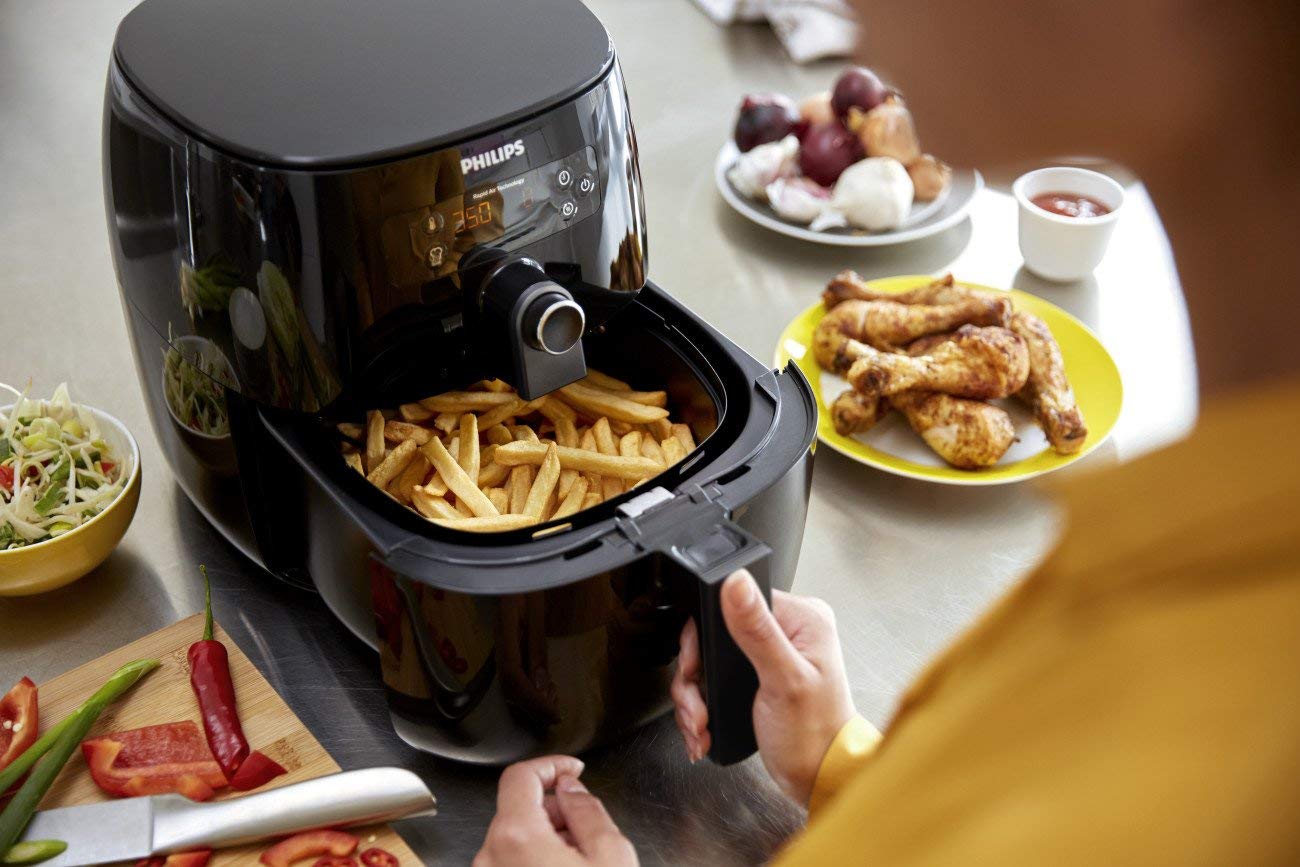

Kitchen Storage
Are Air Fryers Energy Efficient? Get The Lowdown
Modified: January 18, 2024
Discover the energy efficiency of air fryers with our comprehensive guide. Find out if they are the perfect kitchen storage ideas for your home.
(Many of the links in this article redirect to a specific reviewed product. Your purchase of these products through affiliate links helps to generate commission for Storables.com, at no extra cost. Learn more)
Introduction
Are air fryers energy efficient? If you’re someone who loves fried food but wants a healthier alternative, air fryers have likely caught your attention. These kitchen appliances have gained popularity in recent years for their ability to fry food using significantly less oil compared to traditional deep frying methods. But how energy efficient are they?
In this article, we’ll delve into the world of air fryers and explore their energy consumption compared to traditional frying methods. We’ll also discuss the factors that affect their energy efficiency and provide tips on how to maximize efficiency when using an air fryer in your kitchen.
Before we dive into the specifics, let’s briefly understand how air fryers work. Unlike deep frying, which requires submerging food in oil, air fryers employ a high-powered convection mechanism to circulate hot air around the food. This process creates a crispy exterior while cooking the food thoroughly.
So, how does this cooking method align with energy efficiency? Let’s find out in the next section:
Key Takeaways:
- Air fryers are energy efficient due to reduced oil usage, shorter cooking times, and even heat distribution, making them a healthier and eco-friendly alternative to traditional frying methods.
- Maximizing energy efficiency with air fryers involves choosing the right size, optimizing cooking time and temperature, avoiding overcrowding, and utilizing energy-saving features, ensuring delicious results with minimal energy consumption.
Read more: What Is An Air Handler In HVAC
How do air fryers work?
Air fryers utilize a combination of heating elements and a powerful fan to cook food. Here’s a breakdown of how they work:
- Heating element: Air fryers are equipped with a heating element located near the top of the appliance. This element generates the heat needed to cook the food.
- Hot air circulation: Once the heating element is activated, the air fryer’s fan kicks in. This fan circulates the hot air around the food, creating a constant flow of heat.
- Cooking chamber: The cooking chamber in an air fryer is designed to maximize the circulation of hot air. It typically features a perforated basket or tray where the food is placed.
- Oil application: To achieve the desired texture and flavor, a minimal amount of oil is often applied to the food before it is placed in the air fryer. This oil helps to crisp up the exterior of the food while minimizing the overall oil content.
As the hot air circulates around the food, the Maillard reaction takes place. The Maillard reaction is a chemical process that occurs when heat is applied to certain foods, resulting in browning and flavor development. This is what gives air-fried food its crispy texture and delicious taste, similar to traditional deep frying.
It’s important to note that air fryers are not limited to frying. Many models come with additional cooking functions like baking, grilling, and roasting, making them versatile appliances for a variety of recipes.
Now that we have a better understanding of how air fryers work, let’s explore their energy consumption in comparison to traditional frying methods.
Energy consumption of air fryers
In terms of energy consumption, air fryers are generally considered to be more energy efficient than traditional frying methods. Here’s why:
- Shorter preheating time: Unlike conventional ovens or deep fryers that require a significant amount of time to preheat, air fryers reach their desired cooking temperature much faster. This shorter preheating time helps to save energy.
- Even heat distribution: The design of air fryers allows for even heat distribution throughout the cooking chamber. This ensures efficient and uniform cooking, reducing the overall cooking time and energy required.
- Reduced oil usage: One of the key advantages of air fryers is their ability to fry food using minimal oil. Traditional deep frying methods require large amounts of oil to submerge the food, leading to higher energy consumption due to the need to heat and maintain the temperature of the oil. With air fryers, the minimal amount of oil used contributes to lower energy consumption.
- Energy-saving features: Many modern air fryer models are equipped with energy-saving features. These may include timers, auto-shutoff functions, and adjustable temperature controls, allowing you to precisely control the cooking process and minimize energy waste.
While air fryers are designed to be energy efficient, it’s worth noting that their actual energy consumption will vary depending on the specific model and usage patterns. Some air fryers may have higher wattage or power settings, which can have an impact on energy usage. Additionally, the cooking time and temperature settings you choose will also affect energy consumption.
To get a clearer picture of an air fryer’s energy efficiency, it’s helpful to compare it to traditional frying methods. Let’s explore this comparison in the next section.
Comparing energy efficiency: Air fryers vs. traditional frying methods
When it comes to energy efficiency, air fryers have distinct advantages over traditional frying methods. Here’s a closer look at how they compare:
- Oil consumption: Traditional frying methods require a substantial amount of oil to fully submerge the food. This not only increases the cost of cooking but also leads to higher energy consumption as the oil needs to be heated and maintained at a specific temperature. Air fryers, on the other hand, use minimal oil or even no oil, significantly reducing energy usage.
- Cooking time: Air fryers typically have shorter cooking times compared to traditional frying methods. The hot air circulation in air fryers ensures that the food cooks evenly and quickly. Shorter cooking times translate into less energy usage.
- Heat distribution: Traditional frying methods often result in uneven heat distribution, with some parts of the food being overcooked while others remain undercooked. This requires longer cooking times and more energy consumption. Air fryers, on the other hand, provide consistent heat distribution, reducing energy waste.
- Preheating time: Preheating traditional frying equipment, such as deep fryers or conventional ovens, can take a significant amount of time and energy. Air fryers, on the other hand, have shorter preheating times due to their smaller size and rapid heating capabilities.
Overall, air fryers are more energy efficient than traditional frying methods due to their reduced oil consumption, shorter cooking times, and efficient heat distribution. By utilizing hot air circulation and minimal oil, air fryers can achieve similar results to deep frying with a fraction of the energy expenditure.
However, it’s important to note that energy efficiency is not the only factor to consider when choosing between air fryers and traditional frying methods. Other factors, such as taste preferences, texture, and the types of food you prefer to cook, should also be taken into account.
Now that we’ve explored the energy efficiency of air fryers compared to traditional frying methods, let’s look at some factors that can affect the energy efficiency of air fryers themselves.
Air fryers are energy efficient because they cook food quickly using hot air circulation, reducing overall cooking time and energy usage compared to traditional ovens.
Factors affecting energy efficiency in air fryers
While air fryers are generally considered energy efficient, there are several factors that can affect their overall energy consumption. Understanding these factors can help you maximize the energy efficiency of your air fryer:
- Size and wattage: The size and wattage of an air fryer can impact its energy usage. Larger air fryers typically have higher wattages and may consume more energy. Consider your cooking needs and choose an air fryer that is appropriately sized for your household to avoid unnecessary energy consumption.
- Cooking time and temperature: The cooking time and temperature settings you choose can affect energy efficiency. Cooking at higher temperatures or for extended periods may require more energy. Adjust the settings according to the specific food you’re cooking but be mindful of unnecessary energy usage.
- Food placement and capacity: Overcrowding the air fryer basket or tray can hinder proper air circulation and result in longer cooking times and increased energy consumption. Ensure that the food is evenly spaced to allow for proper airflow and efficient cooking.
- Proper maintenance: Regular maintenance and cleaning of your air fryer can contribute to its energy efficiency. A clean appliance will perform optimally and require less energy to reach and maintain the desired cooking temperature.
- Avoid excessive preheating: While preheating is necessary for some recipes, excessive preheating can lead to unnecessary energy usage. Preheat the air fryer for the recommended time stated in the recipe, but avoid leaving it on for extended periods without any food inside.
By considering these factors and making slight adjustments in your cooking habits, you can maximize the energy efficiency of your air fryer and reduce unnecessary energy consumption.
Now that we have explored the factors affecting energy efficiency, let’s move on to some practical tips for maximizing energy efficiency with air fryers.
Tips to maximize energy efficiency with air fryers
To ensure that you’re getting the most out of your air fryer while minimizing energy consumption, consider implementing these helpful tips:
- Choose the right size: Select an air fryer that matches your cooking needs. A larger air fryer may consume more energy, so opt for a size that suits your household’s requirements.
- Preheat efficiently: Preheating is necessary for some recipes but avoid excessive preheating. Follow the recommended preheating time in the recipe and avoid leaving the air fryer on for extended periods without any food inside.
- Optimize cooking time and temperature: Adjust the cooking time and temperature settings based on the specific food you’re preparing. Avoid cooking at higher temperatures or for longer durations than necessary to conserve energy.
- Avoid overcrowding: Overcrowding the air fryer basket or tray can hinder proper air circulation, resulting in longer cooking times and increased energy usage. Ensure that the food is evenly spaced to allow for efficient cooking.
- Use the right amount of oil: While air fryers require a minimal amount of oil, it’s essential to use just enough to achieve the desired texture and flavor. Using excess oil can lead to unnecessary energy consumption.
- Cook in batches: If you have a large quantity of food to cook, consider cooking in multiple batches instead of cramming everything into the air fryer at once. This allows for better airflow and more efficient cooking.
- Keep it clean: Regularly clean and maintain your air fryer to ensure optimal performance and energy efficiency. A clean appliance requires less energy to reach and maintain the desired cooking temperature.
- Utilize energy-saving features: Take advantage of any energy-saving features your air fryer may have, such as timers or auto-shutoff functions. These features can help reduce energy waste and improve efficiency.
- Experiment with different recipes: Explore a variety of air fryer recipes that require less cooking time or lower temperatures. This allows for more energy-efficient cooking without compromising on taste or quality.
By following these tips, you can maximize the energy efficiency of your air fryer and achieve delicious results while conserving energy.
Now that we’ve covered the tips, let’s wrap up our discussion.
Conclusion
Air fryers provide a healthier alternative to traditional frying methods, and they are generally considered to be energy efficient kitchen appliances. By utilizing hot air circulation and minimal oil, air fryers can achieve similar results to deep frying with a fraction of the energy consumption.
Key factors contributing to the energy efficiency of air fryers include their reduced oil consumption, shorter cooking times, and efficient heat distribution. The ability to preheat quickly, even heat distribution, and energy-saving features further enhance their efficiency.
To maximize energy efficiency with air fryers, it’s important to choose the right size, optimize cooking time and temperature, avoid overcrowding, use the right amount of oil, and keep the appliance clean. Utilizing energy-saving features, cooking in batches, and experimenting with energy-efficient recipes also help reduce energy consumption.
While air fryers offer energy savings compared to traditional frying methods, it’s important to note that individual models and usage patterns can impact energy consumption. It’s essential to consider other factors like taste preferences and cooking needs when deciding between air fryers and traditional frying methods.
In conclusion, air fryers are a great option for those looking to enjoy fried foods with less oil and reduced energy consumption. By following the tips provided and being mindful of energy usage, you can make the most out of your air fryer while cooking delicious and healthy meals with minimal impact on the environment.
Frequently Asked Questions about Are Air Fryers Energy Efficient? Get The Lowdown
Was this page helpful?
At Storables.com, we guarantee accurate and reliable information. Our content, validated by Expert Board Contributors, is crafted following stringent Editorial Policies. We're committed to providing you with well-researched, expert-backed insights for all your informational needs.
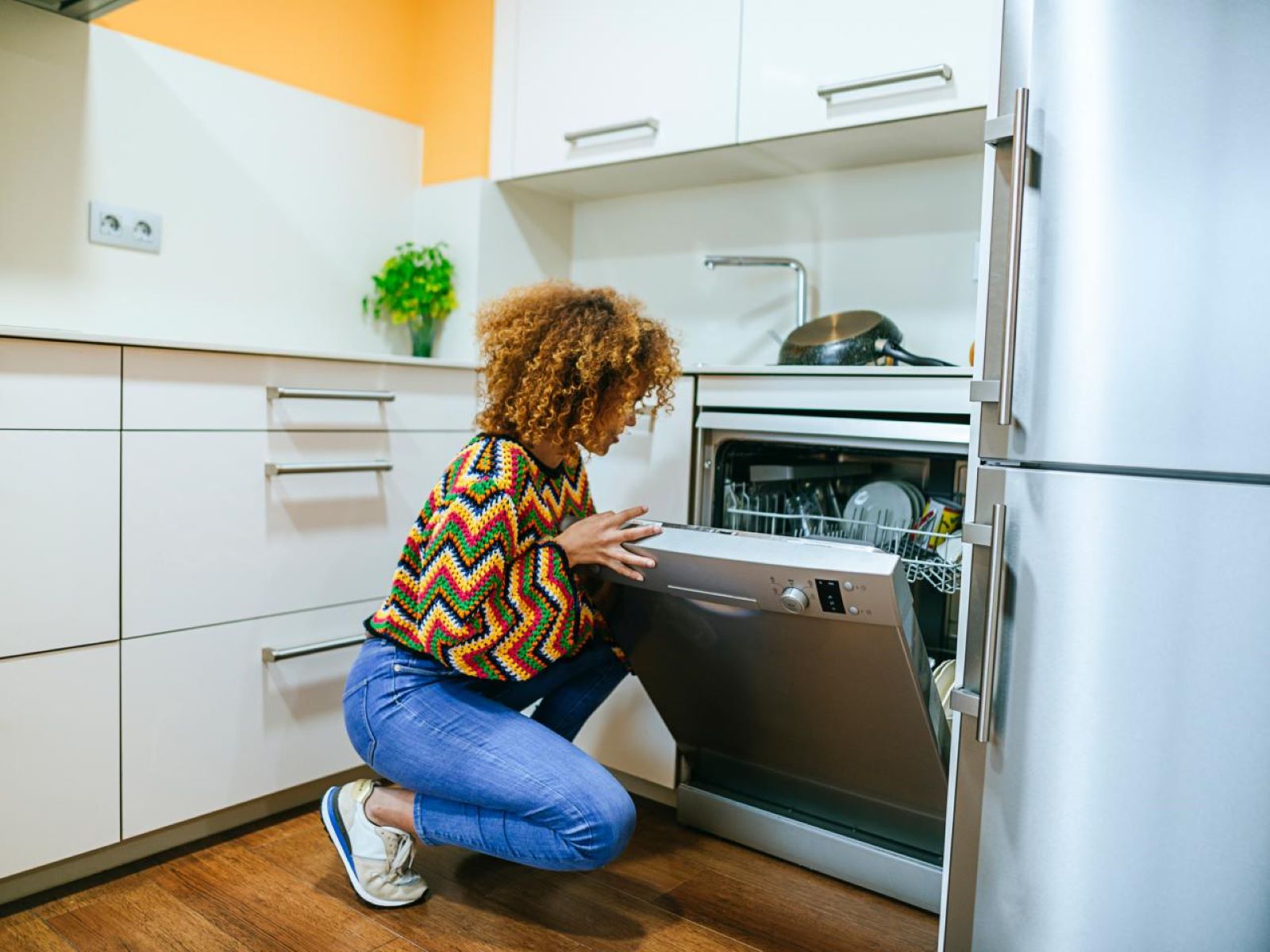
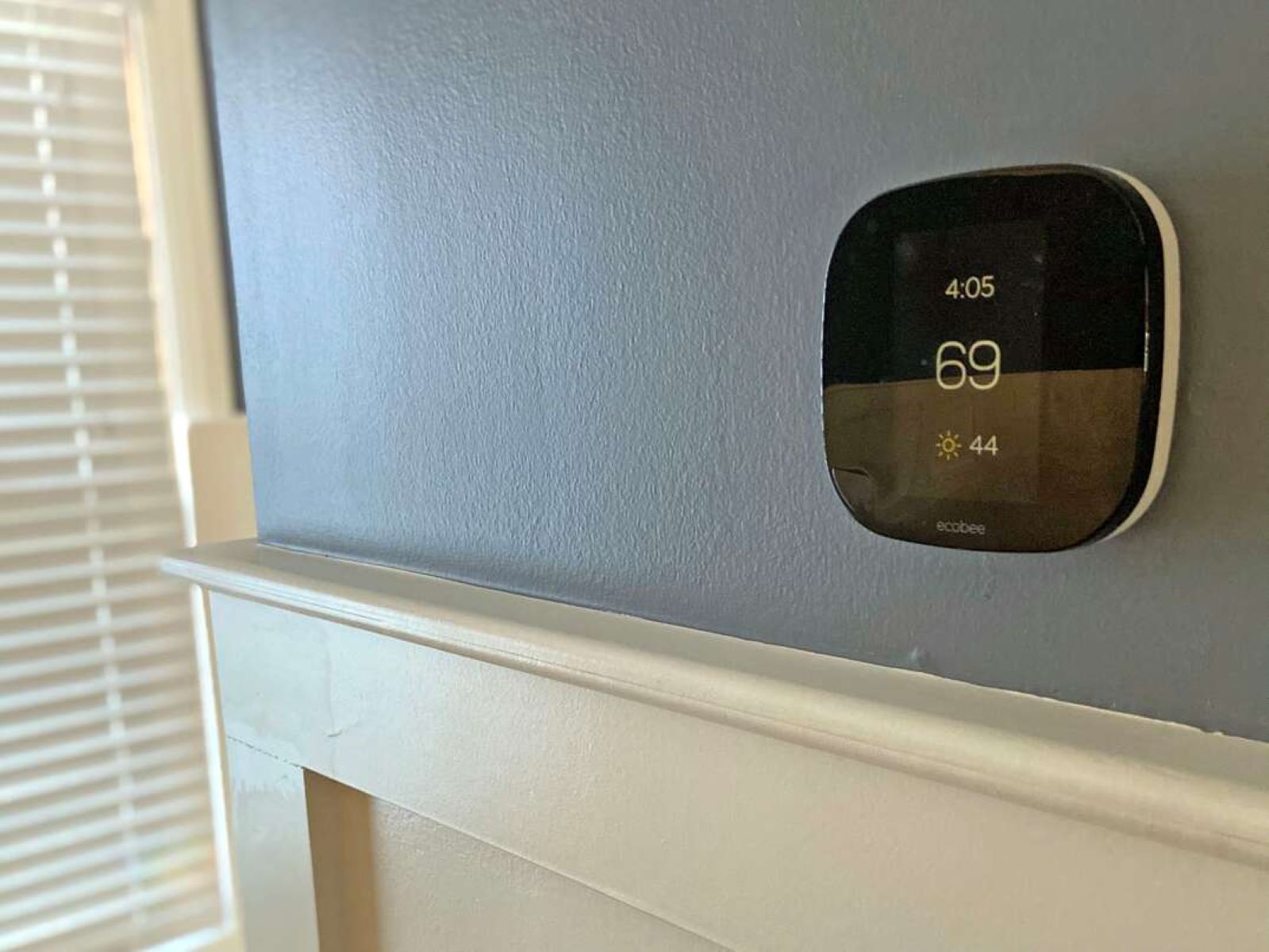
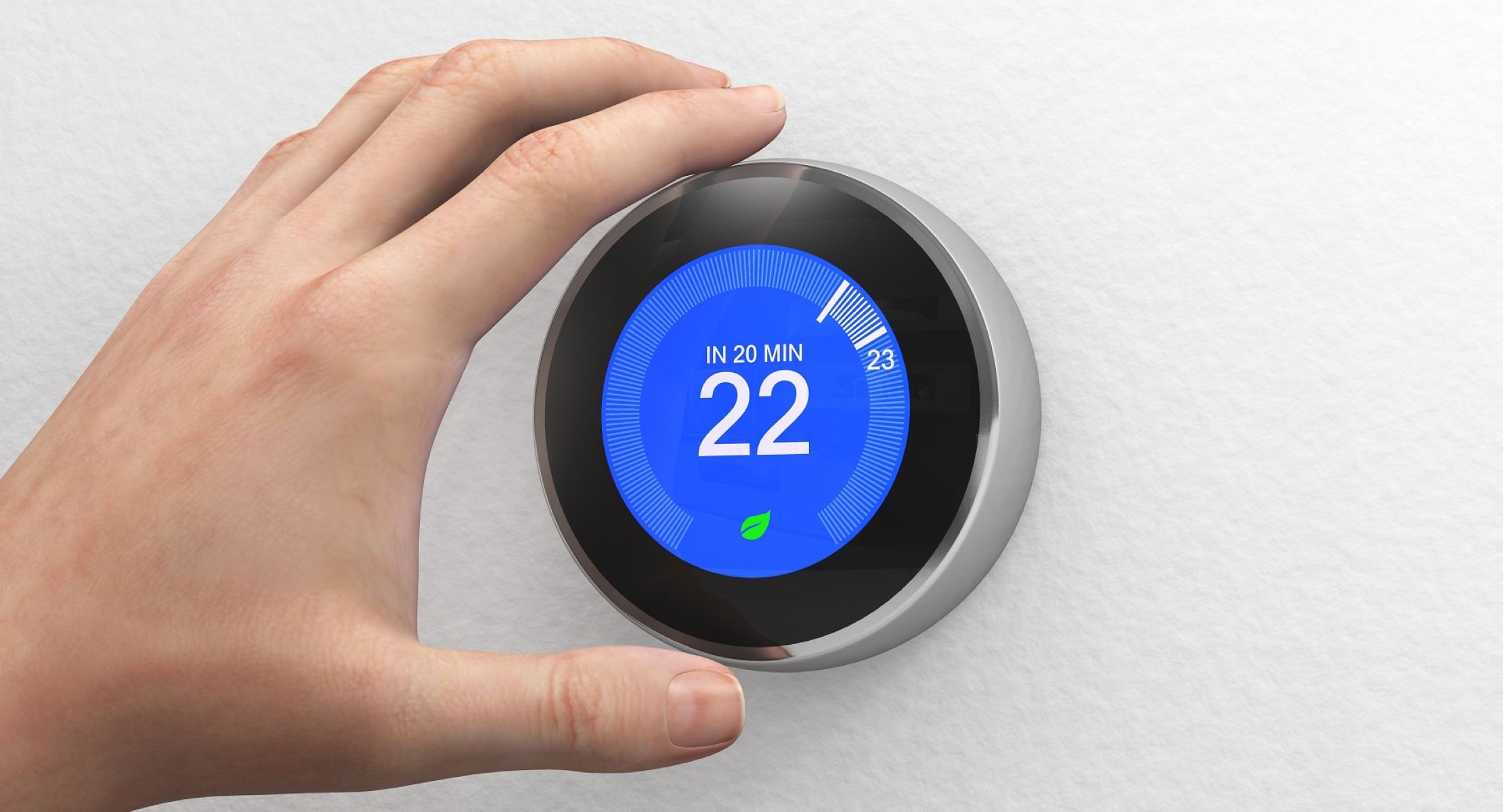

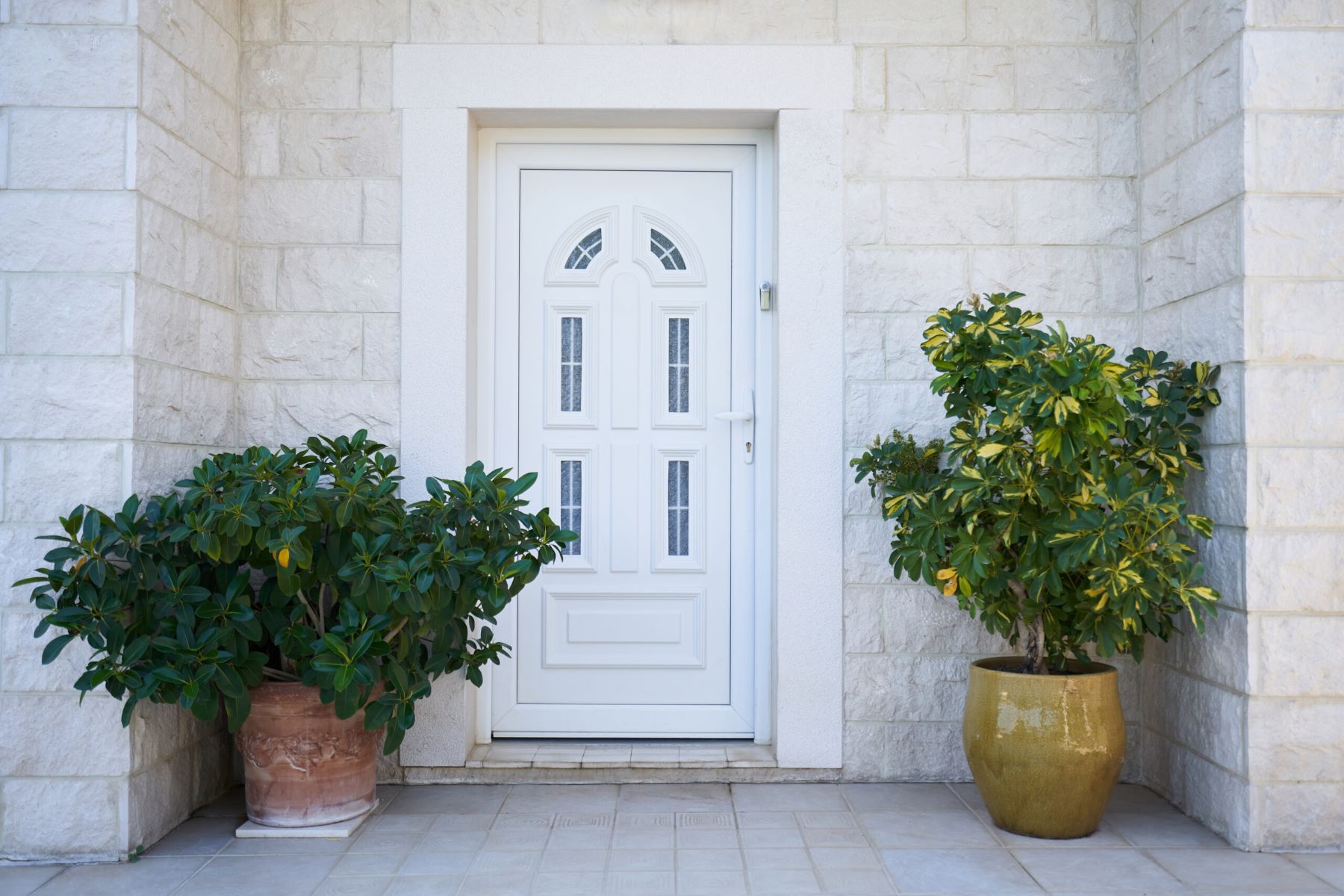
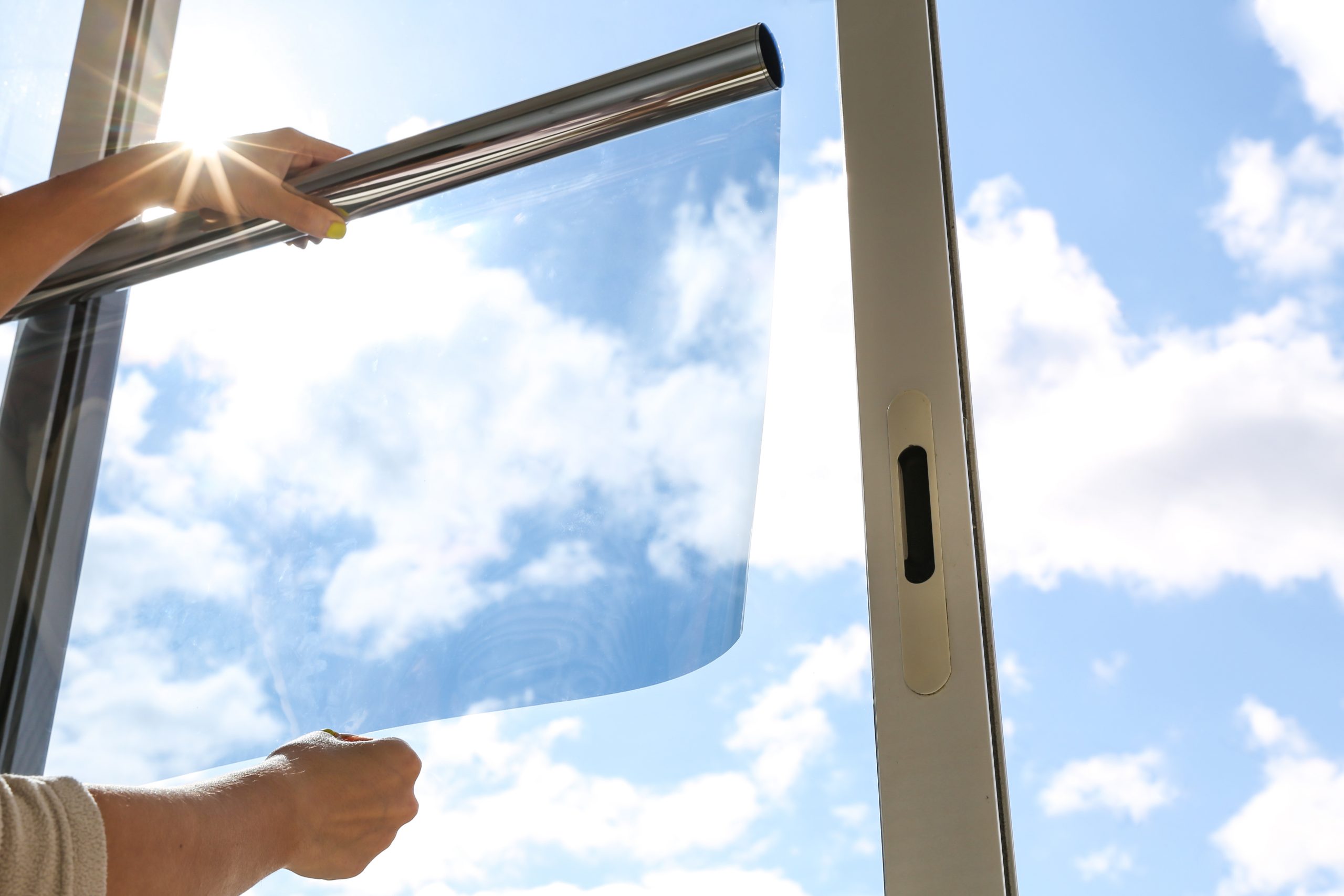

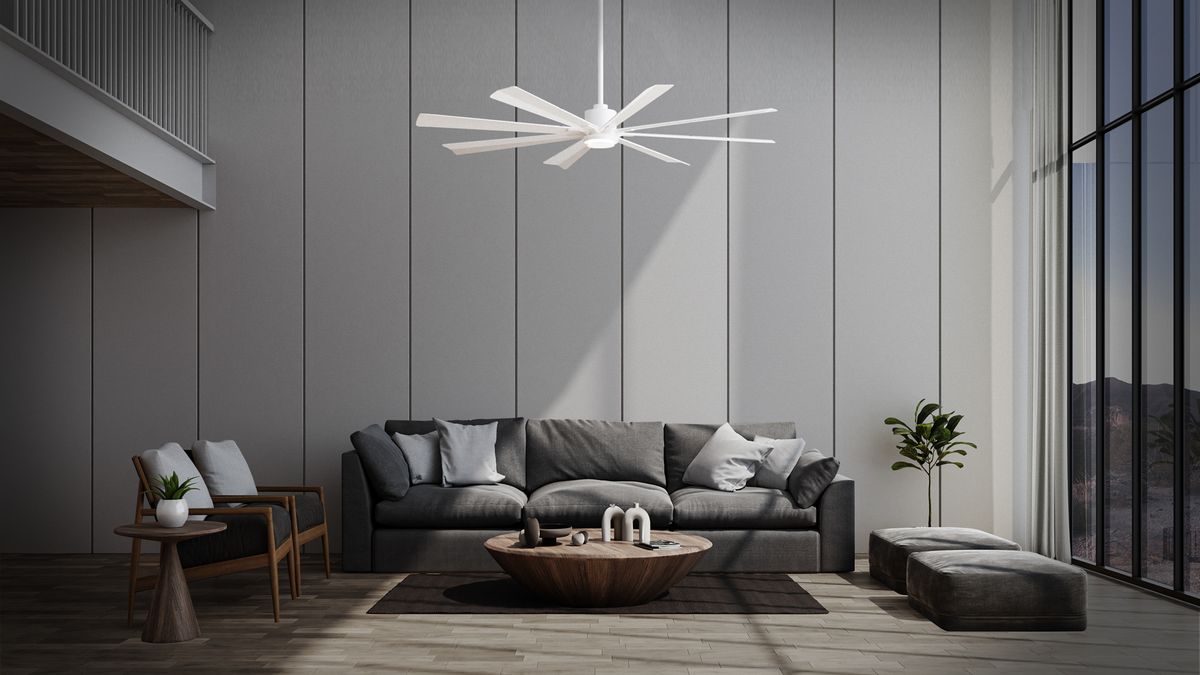

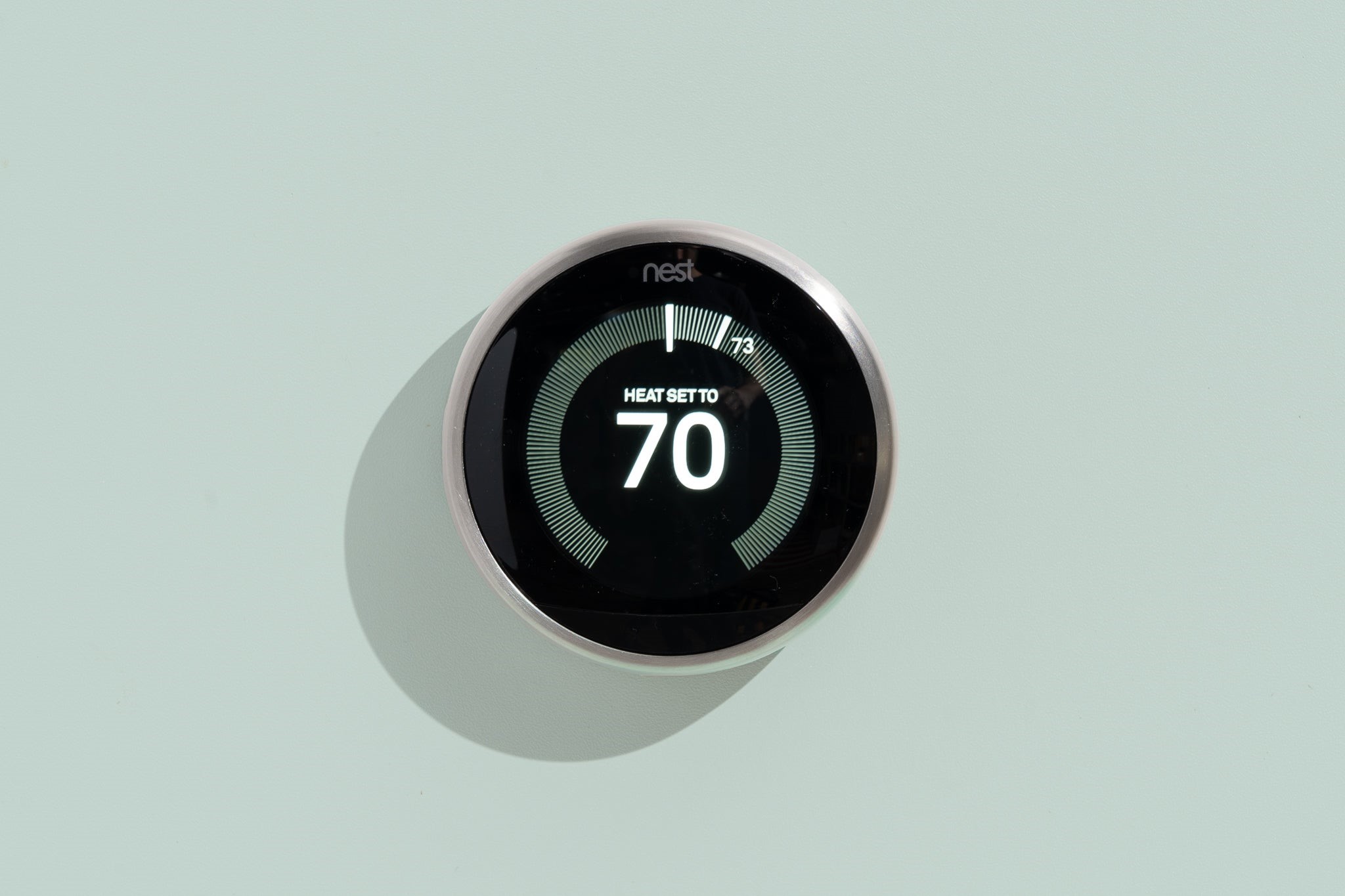

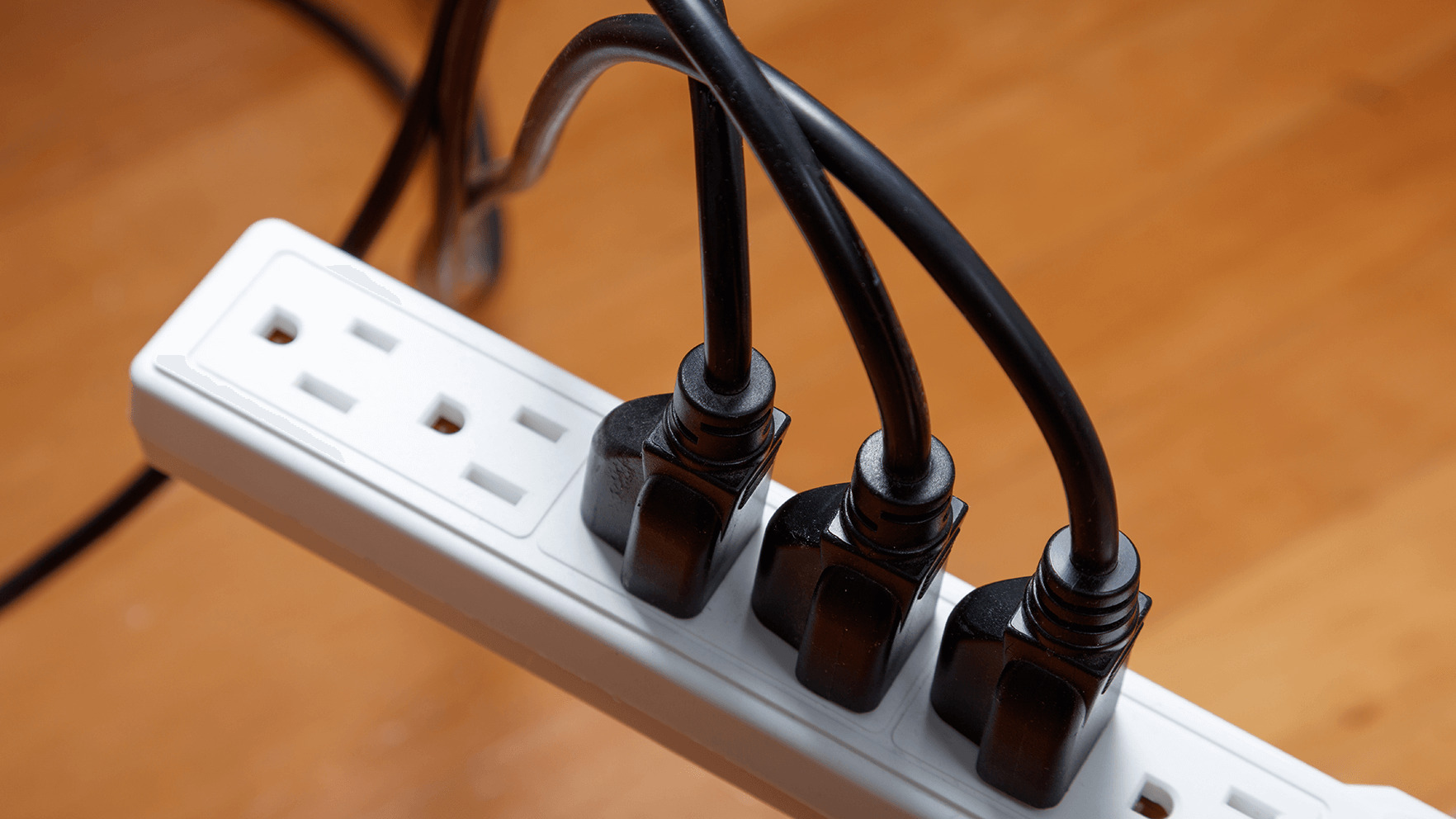
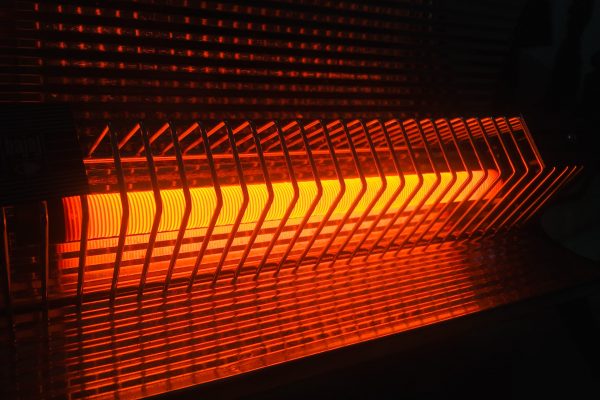
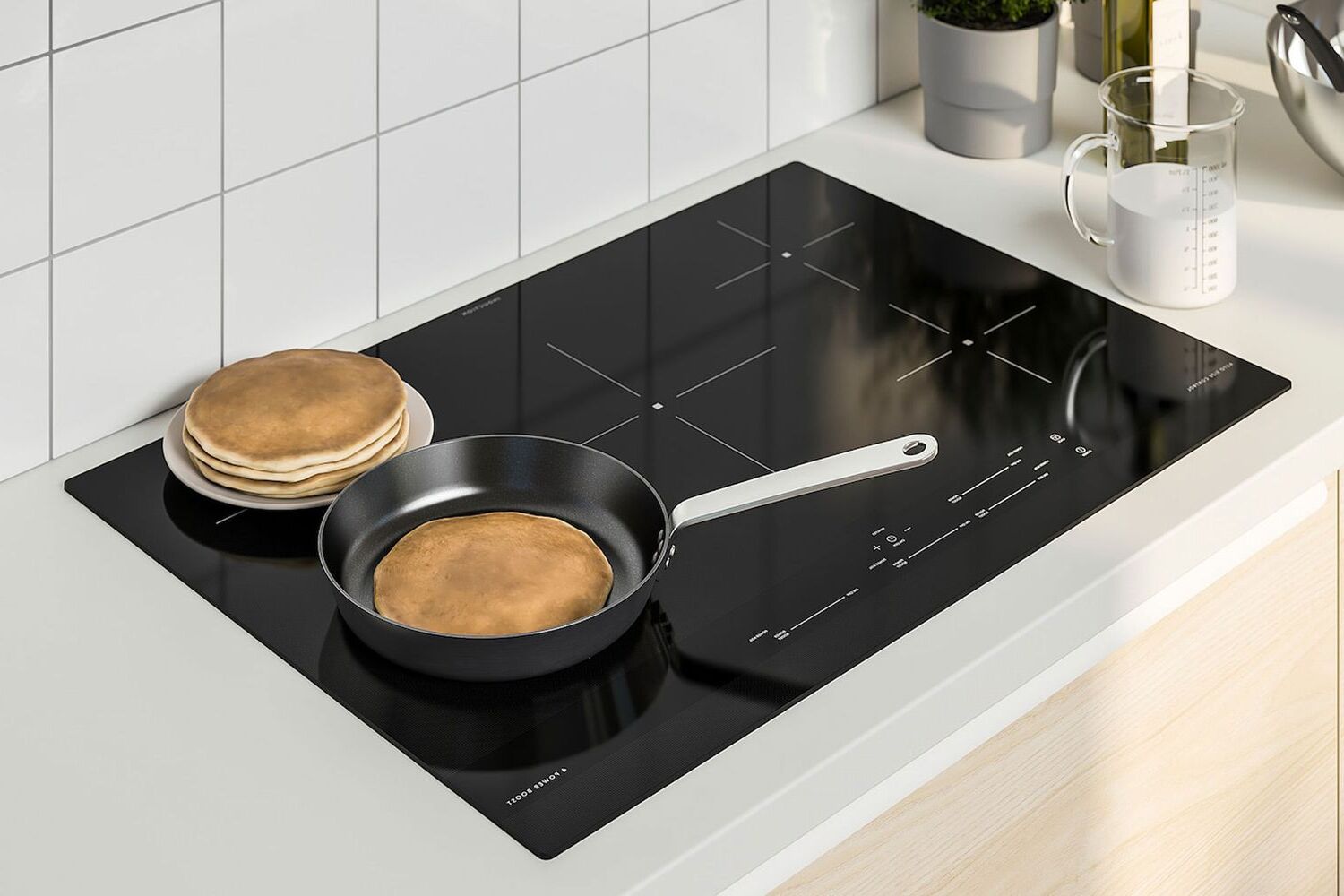

0 thoughts on “Are Air Fryers Energy Efficient? Get The Lowdown”